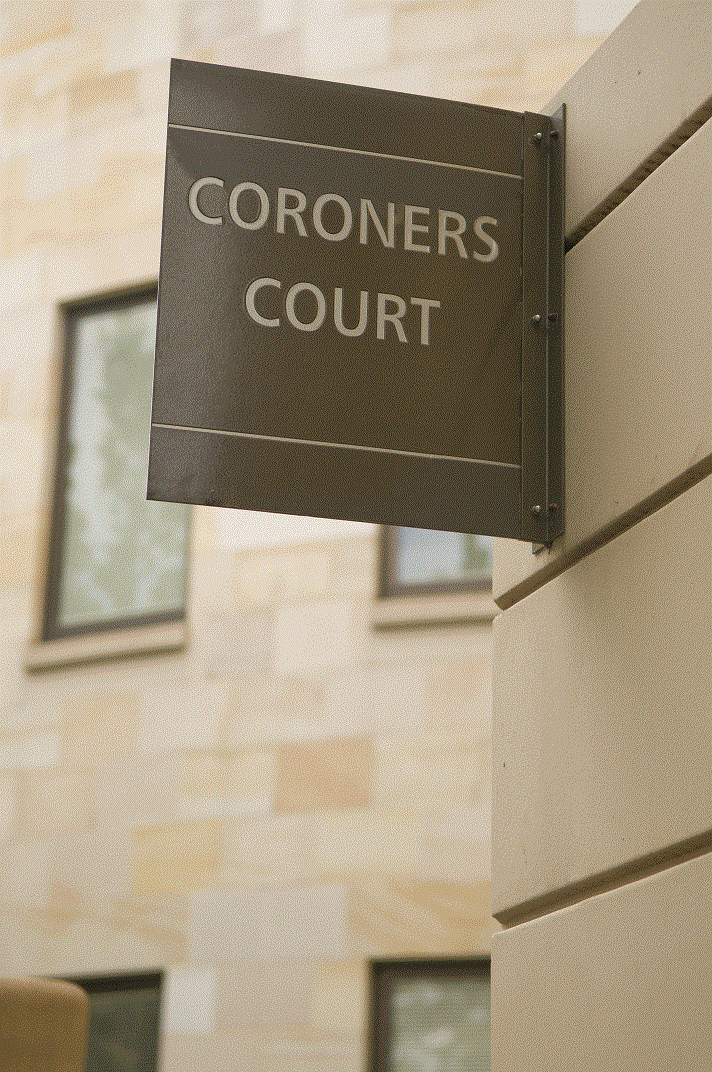Chief Coroner Issues New Guidance after Asserson-led High Court Defeat
17 May 2018

Following Coroner Mary Hassell’s defeat in the High Court, the Chief Coroner of England and Wales, Judge Mark Lucraft QC, has today (17th May 2018) issued a new Guidance to all Coroners in relation to deaths that require urgent consideration.
Guidance No. 28 entitled “Report of death to the Coroner: decision making and expedited decisions”, has been issued following the judgment of the High Court on 27th April 2018, where the Claimants (Adath Yisroel Burial Society) successfully challenged the policy of Coroner Hassell never to take into account the religion of the deceased or family, including beliefs about the importance of speedy burial[1].
The Chief Coroner’s guidance makes clear that, apart from lacking compassion, such a stance is wrong in law. Rather, “proper respect should be given to representations based on religious belief,” including by considering whether a particular case should be “treated as a matter of urgency…for religious…reasons.”
The guidance states that:
“The Chief Coroner understands and is sensitive to the fact that some faith groups, particularly Jewish and Muslim, have religious and cultural wishes about treatment of a body and burial following a death. Coroners should pay appropriate respect to those wishes…”
Asher Gratt, who spearheaded the judicial review proceedings for the successful claimant, the Adath Yisroel Burial Society, said: “We are very grateful to the Chief Coroner for issuing this new guidance in light of the High Court’s decision. The guidance makes clear that a coroner must give due regard to religious wishes about death and burial. Other coroners already treat faith communities with dignity. We hope that Ms Hassell will now follow suit.”
Trevor Asserson, the Senior Partner of Asserson Law Offices, solicitors for the Claimants, said: “The Chief Coroner’s guidance is extremely helpful. It makes clear that a request for prioritisation on religious grounds will always constitute a “well-founded request for expedition”. In exercising their judicial functions, coroners must consider religious wishes and strike a fair balance between the rights of religious families and the interests of other families.”
[1] Although Hassell had refused, as a matter of rigid policy, to ever consider religion as a basis for expediting any decision, the High Court held that “a Coroner cannot lawfully exclude religious reasons for seeking expedition of decisions.”